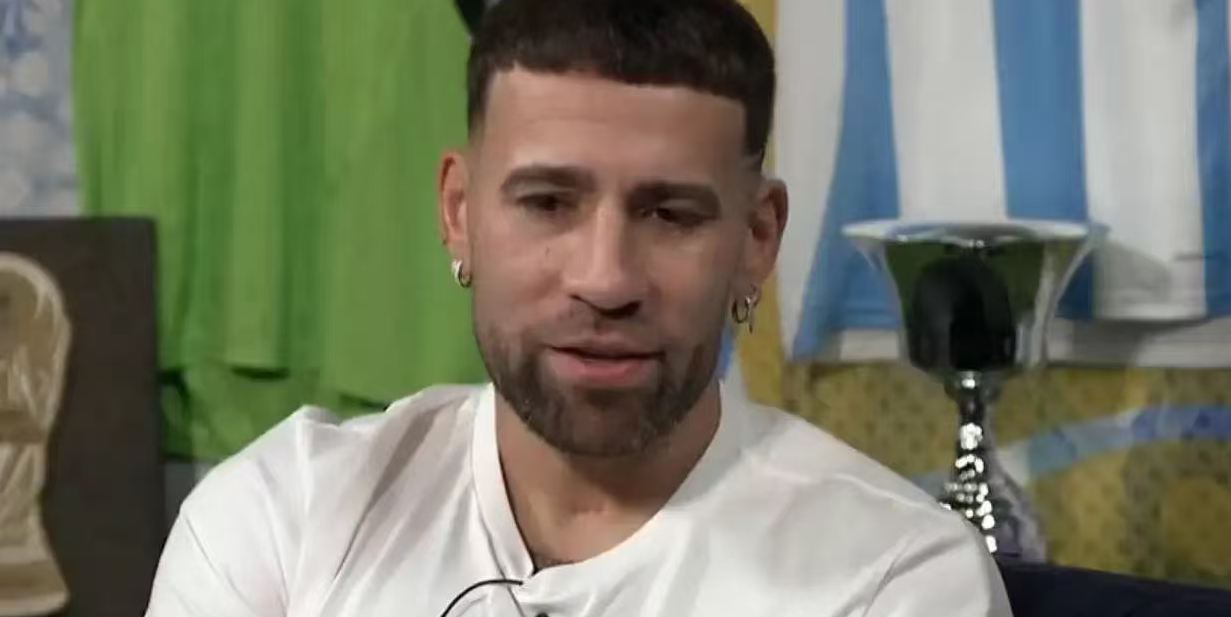
Ahead of Argentina’s match against Ecuador, Nicolás Otamendi gave an interview to camel.live, revealing that he will retire from the Argentina national team after next summer’s World Cup.
On his future with the national team
“Next year’s World Cup will be my last tournament with the national team—that will be about it. Every time I put on the national team jersey, I always try my best. It took a lot of effort for me to first make it to the first team (of my club) and then to the national team.
“My family taught me that everything requires hard work. In life, you have to be a fighter and do your best. For things that don’t work out, you try again the next day. That’s just how life is.”
The best memory of his career
“Winning the Qatar World Cup—I remember it like it was yesterday. Emiliano Romero was drinking champagne and smoking a cigar; it was crazy. These memories will stay with me forever. It was incomparable, and that trophy can’t be compared to anything else.”
Outlook for the next World Cup
“Time flies, but my mindset is to keep this momentum, this ambition, and to work and compete with this team. When you wake up, you always want to chase another dream. We Argentinians are ambitious and want to compete, but we always stay humble and grounded. We know it will be hard, but not impossible.”
Will he return to play in Argentina to end his career?
“Anything is possible. We’ll see next year. Ángel Di María is back and playing really well, so is Leandro Paredes. They’re both my friends—their happiness is my happiness. Because I know them well, this makes me happy.”
Have you ever received a call from Gallardo (River Plate’s head coach)?
“He has never called me, and I have never talked to him. Right now, I still have a one-year contract. After the World Cup, I’ll figure out what to do.”
Looking back on the early days of his professional football career
“My mother moves me deeply because I’ve always said she means everything to me. She’s the one who always worked hard—so did my father and my brothers. But they all worked so that I could go to training and strive to make it to the first team.
“My mother would always wait for me at the bus stop, preparing a packed lunch for me to take to training. I’d go to school at 7 a.m., come back at 12:30 p.m., and she’d be there waiting with the packed lunch. Then I’d go to training and get back at 9 p.m.—this happened every day. It was really tough, but she was always there for me.
“Sometimes I didn’t want to ask her for money because I knew it was hard for her to give it to me. Sometimes when I went to the club for training, after training they’d give me an Alfajor (a type of filled cookie) and a cup of chocolate milk… There were times I didn’t want to ask for money because I knew our situation back then wasn’t good.
“I’d come back from the club without spending that money, so she wouldn’t have to give me more the next day. Back then, it might have only been two pesos, but all of this—being able to repay her in the end—is my way of saying thank you to her for her sacrifices, thank you for always being there. I will be grateful forever.”




